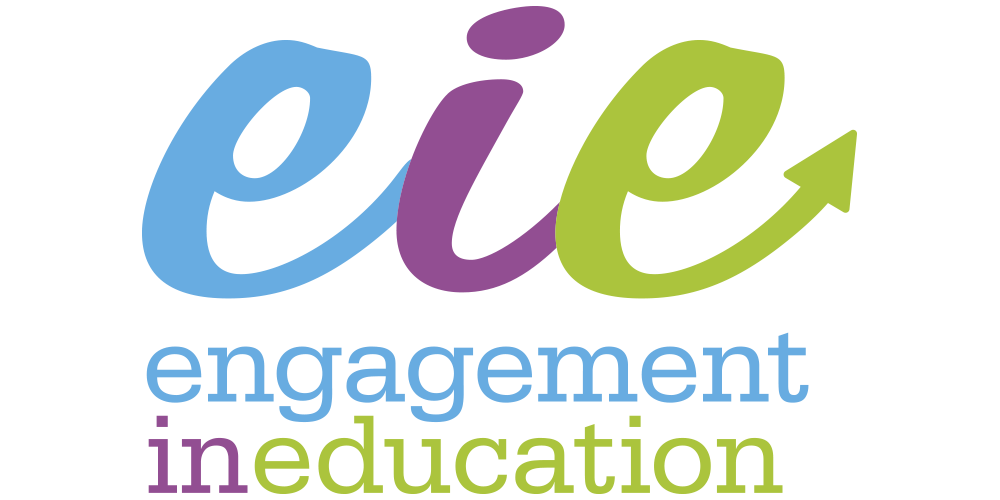Taking an active part in the life of the school
For too long, when referring to their interaction with parents, educationalists have used the labels ‘parental involvement’ and ‘parental engagement’ as if they were interchangeable.
EiE draws upon the research that shows quite clearly which type of parental interaction brings positive benefits for either their own children, or for other children and the school in general. The former is defined as Parental Engagement; the latter as Parental Involvement.
Parental Involvement is when parents take an active part in the life of their child’s school. This is most frequently done by being a governor, PTA member, reading partner or learning mentor – in short, a volunteer. Volunteer roles can have an important impact on pupil achievement especially when supporting learning.
However, the extent to which parents become involved in the school, and the message this gives to other parents, is one that needs to be carefully managed by school leaders. A growing body of research tells us that this is this aspect of the school/parent relationship that schools are least comfortable with, especially if there has been an experience of some parents stepping beyond the brief of the role they have taken. The growing ease with which parents can register their dissatisfaction about schools with Ofsted has been cited by some academics as feeding an underlying, rumbling distrust, which if not addressed can have a negative impact on pupil achievement and sap a disproportionate amount of school leaders’ time and emotional energy. No one wants to have poor relationships with parents and sadly, for some school leaders, it is easier to avoid parental involvement than to invite the possibility of disharmony that it sometimes brings. ‘Parents with sharp elbows’ are a fact of life for many schools but few parents stop to consider the damage that their demands can have on the education of other children.
EiE has established a range of effective strategies that schools can adopt to manage the huge pool of resource that parents can offer. We enable schools to evaluate their current approaches and design policies that support positive contributions from parents whilst limiting the opportunity for negative impact, by establishing policies that are supported by governors and shaped by the majority of the parent body.
A positive and well-structured approach to Parental Involvement brings its rewards.
At national, regional and commercial policy formation level we offer:
- briefings based on a deep insight into our exploration of what schools need to do to ensure that all of their work with parents is focused on activity that has a positive and measurable impact on pupil achievement and attainment, and how national institutions and organisations can respond to enable this
- keynote speeches that inspire educationalists by providing challenge through thought, coupled with solutions that work
At school and MAT level we offer:
- briefings for school leaders that enable the formation of a vision, policy and strategy for delivery
- a transformational course that enables the development of cultural change within schools, creating a more harmonious relationship with parents to improve pupil achievement and attainment
- access to Free Flow Info as a whole-school solution to the sustainable delivery and maintenance of harmonious relationships with parents and carers





